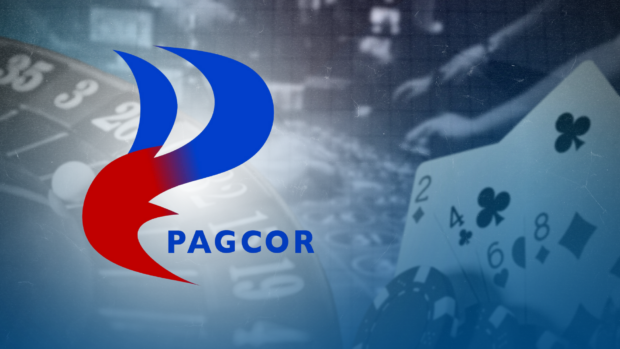Pagcor clamps down on Pogos

New PAGCOR logo. INQUIRER FILES
Philippine offshore gaming operators (Pogos) and their service providers have until Sept. 17 to reapply for licenses as part of the Philippine Amusement and Gaming Corp.’s (Pagcor) efforts to clamp down on illegal activities—like human trafficking and unregulated gambling—linked to this controversial business.
As this developed, the regulator told lawmakers during a recent hearing that it had found no illegal activities at the registered companies in the sprawling Pogo complex located at the former Island Cove resort in Cavite province.
Jessa Fernandez, Pagcor assistant vice president in charge of offshore gaming and licensing, said in a statement the agency’s new requirement was also part of a new regulatory framework for Pogos that the regulator-cum-casino operator has been implementing since July.
“In the present framework, all service providers who are accepting bets are required to apply for a license,” Fernandez said.
The lawyer added that Pagcor would also evaluate the beneficial owners of the Pogos and service providers, so that these companies would be held liable in case they were found to be involved in any illegal activity.
“Entities with findings of activities outside their granted license or accreditation will not be granted a license under the new framework,” she said.
“Likewise, licensees or service providers who shall not reapply or were granted license within the given period shall be endorsed for cancellation,” she added.
Probationary
According to Pagcor, these statements were conveyed to lawmakers during an Aug. 2 hearing conducted by the Senate committee on women, children, family relations and gender equality.
Fernandez said that under the new regulatory framework, all Pogo licensees and service providers were declared under probationary status and, thus, need to reapply for a license.
She said that aside from this requirement, Pagcor has “intensified inspection and verification of compliance of offshore gaming licensees and service providers; submission of reports to enforcement agencies for investigation and verification of findings; enhanced coordination with relevant government agencies; and stricter implementation of regulations and imposition of heavy penalties to licensees and services providers who violated existing regulations.”
Beyond these, Fernandez said Pagcor was working closely with other government and law enforcement agencies for the setting up of offices inside an accredited hub.
Island Cove hub
In the same hearing, committee chair Sen. Risa Hontiveros asked whether the so-called Island Cove Pogo hub was being used for fraudulent purposes.
Fernandez said the Pogo hub located at the former Island Cove resort in Cavite has no involvement in illegal activities.
Several lawmakers are pushing for either more stringent regulations against Pogos or an outright ban on them because of their attendant “social costs.” Before the pandemic, as many as 500,000 workers from China—serving Mandarin-speaking players in the mainland, where gambling is illegal—were estimated to be employed locally.
Many have returned to China at the height of the Covid-19 crisis, and only a few large companies remain in operation.
Social cost
In a primer explaining the Pogo business, Pagcor expressed belief that “all forms of gaming have corresponding social cost.”
“Therefore, while casino gaming is the main end product of offshore gaming and falls within the regulatory powers of Pagcor, the other components of [Pogos] entail activities which are also subject to regulation by other concerned agencies, such as the Department of Labor and Employment, Bureau of Immigration, Department of Justice, Philippine National Police and the National Bureau of Investigation, the Securities and Exchange Commission and the Bureau of Internal Revenue,” Pagcor said.
Pagcor data show that as of July 18, there are 32 Pogo licensees and 106 accredited service providers.
As of the same date, Pagcor has canceled 46 Pogo licenses and 225 service provider accreditations.